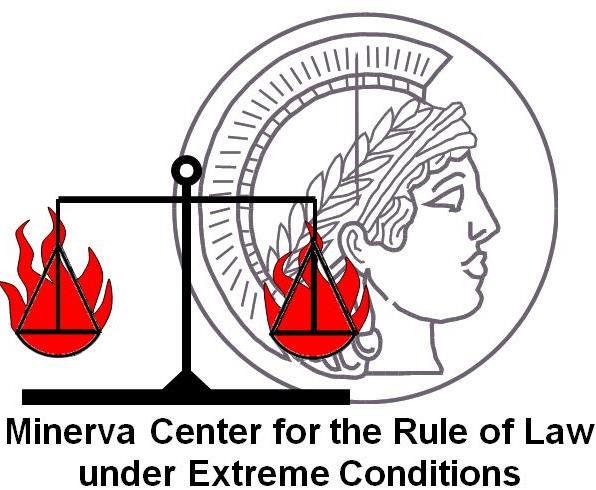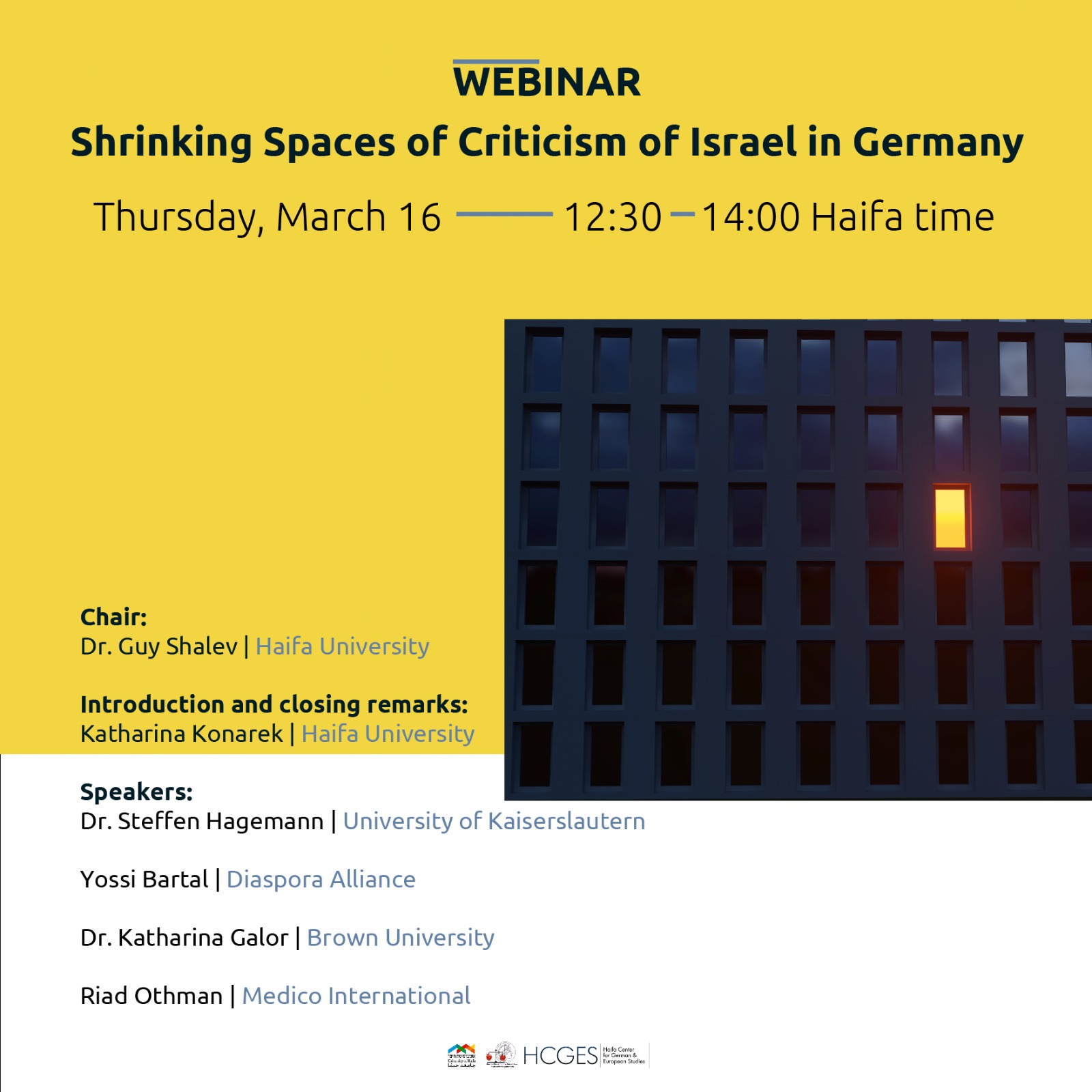(for German version please scroll down)
**************************************
The historical responsibility toward Israel is part of Germany’s raison d’etre. This has been a consensus among German politicians since 1965, when the official diplomatic relations between the countries commenced. Whereas Germany’s bi- or multi-lateral relations towards other nation-states are part of the foreign policy discourse, Israel seems to be much more of a domestic issue – an inner German debate. This has been amplified in recent months as the German double standard has become ever more explicit: The Russian annexation of Ukraine has challenged the German silence on Israeli annexation policies in the West Bank; And, the ethos of Germany’s “shared values” with Israel has been challenged by the new right-wing government in Israel. These debates cause German politicians and public figures great discomfort. They often shy away from criticism, fearing the German public debate and media landscape that tends to notoriously label any criticism of Israel as antisemitism. In the meantime, the powerful pro-Israeli NGO ELNET is dominating Germany and Europe’s political sphere, providing a one-sided view of Israel. In academic, cultural, and public spheres, critique of Israel is silenced by the pressure to abide by the controversial International Holocaust Remembrance Alliance definition of antisemitism, conflating it with critical debate about Israeli policies.
The workshop aims to bring together experts on German engagement with criticism of Israel, to analyze the context and practice of the limitations on criticism, and to discuss potential challenges to these limitations.
GERMAN VERSION
The Minerva Center for the Rule of Law under Extreme Conditions and das Haifa Center for German and European Studies (HCGES) veranstalten an der Universität Haifa ein Webinar zum Thema “Shrinking spaces for criticism of Israel in Germany”, in dem Expert:innen zum deutschen Umgang mit Kritik am israelischen Staat zusammenkommen, den Kontext und die Praxis der Einschränkungen von Kritik analysieren und Möglichkeiten eines anderen Umgangs mit dem Thema diskutieren.
Das Webinar findet am Donnerstag, 16. März, von 12:00 bis 14:00 Uhr israelischer Ortszeit (11:00 bis 13:00 Uhr deutscher Zeit, d.h. GMT +1) online über ZOOM in englischer Sprache statt.
Redner:innen
Dr. Steffen Hagemann, Universität Kaiserslautern, ehemaliger Leiter der Heinrich Böll Stiftung Israel
Dr. Katharina Galor, Brown University, Co-Autorin (mit Sa’ed Atshan) des Buches “Israelis, Palästinenser und Deutsche in Berlin: Geschichten einer komplexen Beziehung”
Yossi Bartal, Co-Direktor der Diaspora Alliance, Deutschland
Riad Othman, Nahostreferent, medico international, Deutschland





